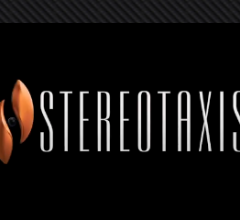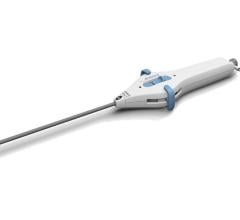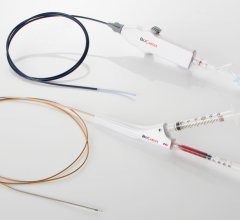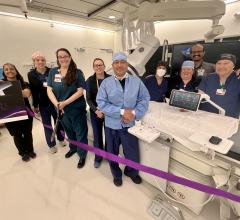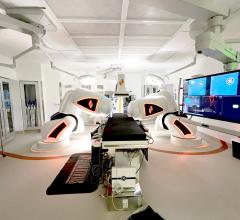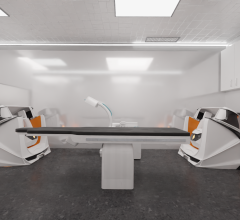
September 22, 2017 — Abbott announced U.S. Food and Drug Administration (FDA) approval for magnetic resonance (MR)-conditional labeling for one of the company's most widely-used implantable cardioverter defibrillators (ICD) and associated high voltage leads. The approval of MR-conditional labeling for the Ellipse ICD with the Tendril MRI pacing lead and Durata and Optisure high voltage leads adds another patient-centric benefit to the device and will help further improve access for patients suffering from abnormally fast heart rhythms who need an ICD and who may need an MRI scan in the future.
When electrical signals in the lower chamber of the heart fire erratically, the heart can beat abnormally fast – a condition known as ventricular tachycardia or tachyarrhythmia – which in turn leaves the heart unable to pump blood effectively. In addition to symptoms such as light-headedness, chest pains and shortness of breath, over time the condition can lead to a potentially life-threatening arrhythmia, heart failure, stroke or cardiac arrest. Abbott's ICD devices can monitor for and detect abnormally fast heart rhythms and deliver electricity to the heart to restore the heart's natural rhythm.
The new MR-conditional labeling for the Ellipse ICD allows patients to undergo an MRI scan if needed. In addition, patients previously implanted with an Ellipse device and Durata or Optisure leads can now undergo MRI scans.
The smaller shape and size of Ellipse ICD helps improve patient comfort once implanted, and Abbott engineered the device with features designed to optimize ICD therapy and improve patient safety. The features, known as Abbott's TailoredTherapy approach, include:
- DeFT Response Technology: Allows physicians to adapt how therapy is delivered by the Ellipse ICD to ensure each patient receives therapy based on their unique need. The feature also helps ensure successful therapy delivery without the need to deliver an initial shock at the time of implant;
- SecureSense: Abbott's SecureSense algorithm offers an additional level of protection for patients by providing proper sensing within the heart even in the presence of external interference (known as "lead noise") to safeguard against unnecessary therapy being delivered to the patient; and
- DynamicTx: With Abbott's DynamicTx algorithm, physicians can be confident that their patient's devices are consistently evaluating the condition of the lead and adapting the path of the electrical impulse to deliver appropriate therapy.
As a further benefit, all therapy and other data captured by the Ellipse ICD can be directly, securely and wirelessly sent to a patient's physician through the Merlin.net Patient Care Network. This communication allows physicians to remotely monitor their patient's therapy and assess any need for intervention.
The latest labeling follows approval earlier this year of Abbott's Assurity MRI pacemaker and prior MR-conditional labeling approvals in Europe.
For more information: www.sjm.com


 January 29, 2026
January 29, 2026 

